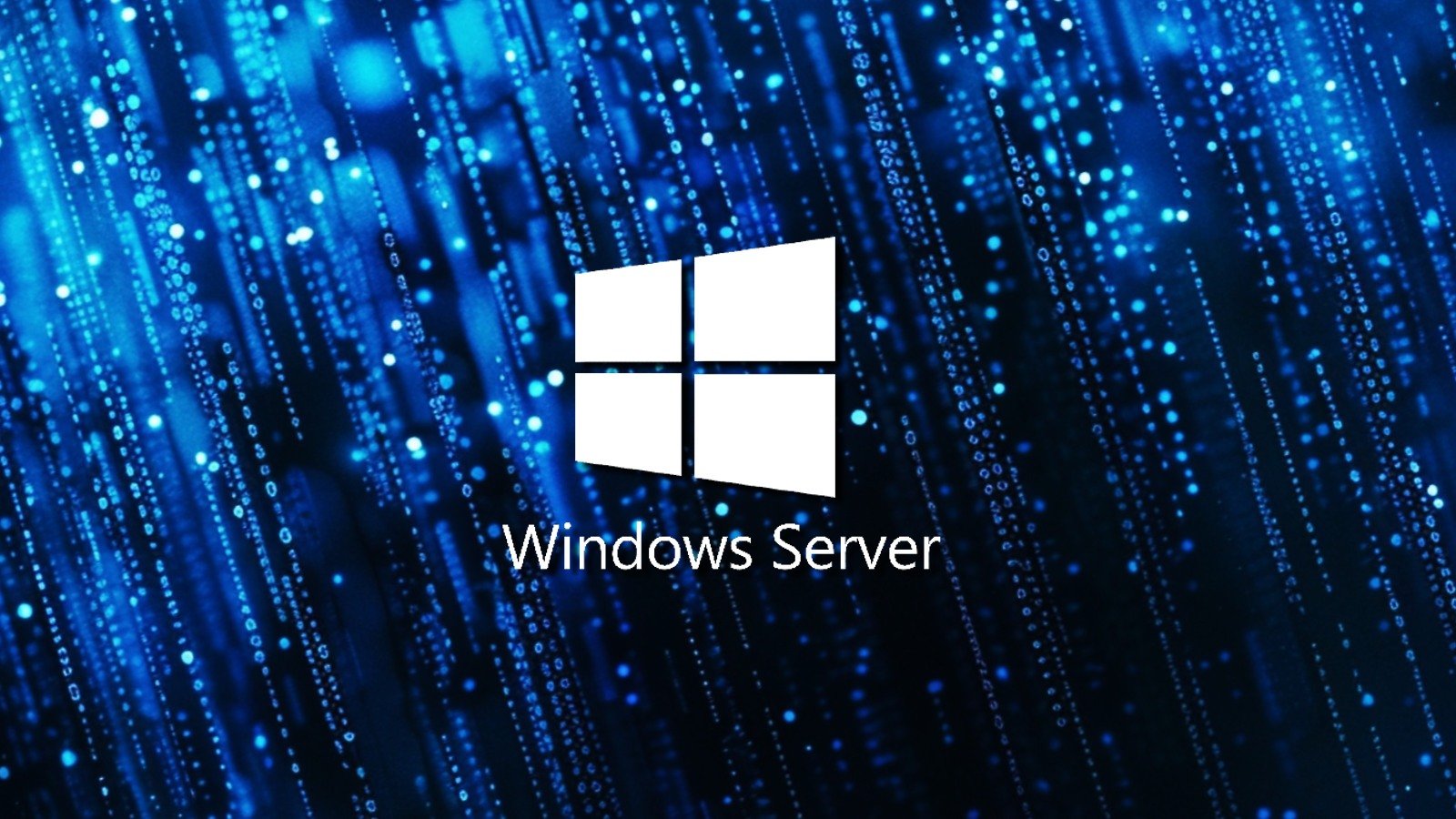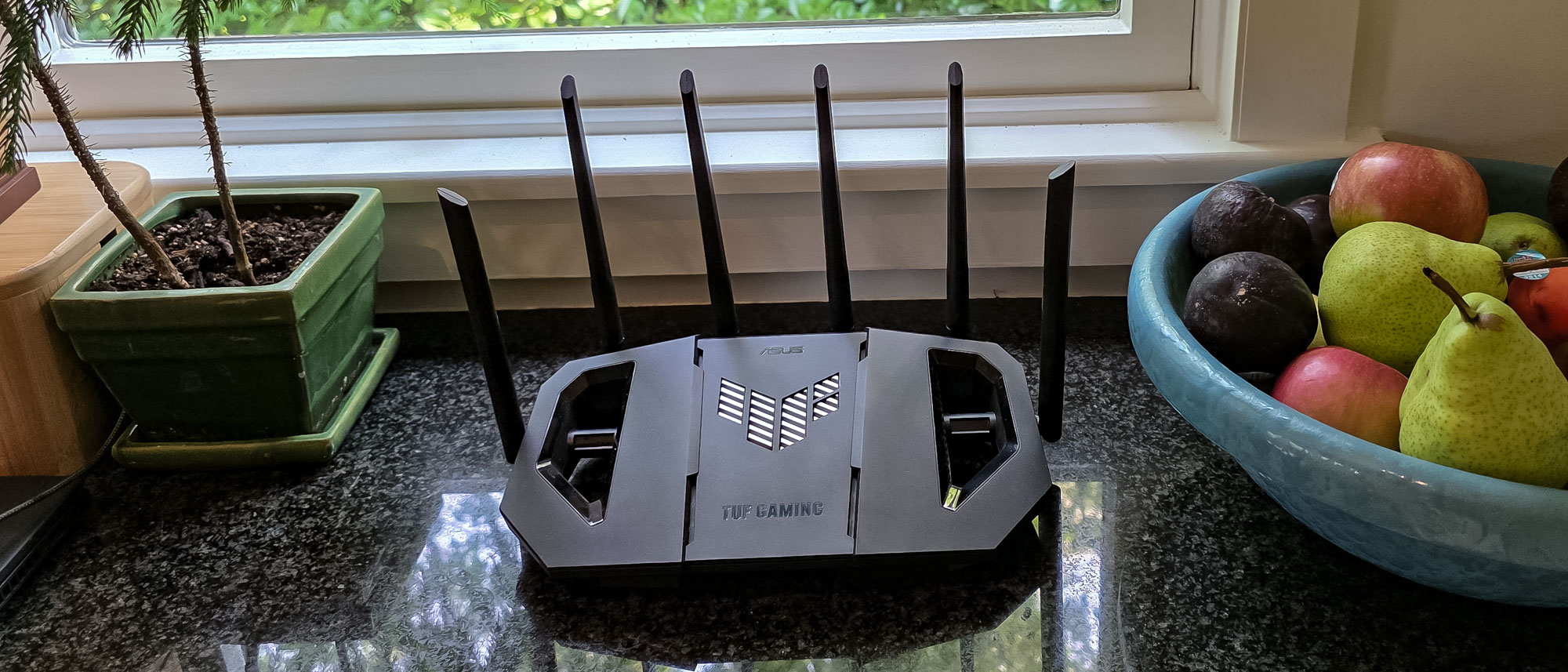Windows Server emergency update fixes Hyper-V VM freezes, restart issues

Microsoft has released an emergency update to address a known issue causing some Hyper-V virtual machines with Windows Server 2022 to freeze or restart unexpectedly.
These problems mainly impact Azure confidential VMs, which are designed to protect data while being processed, not just when it’s transmitted or stored.
Redmond has addressed this issue with the KB5061906 out-of-band (OOB) cumulative update for Windows Server 2022, which supersedes all previous updates.
Microsoft says this OOB update fixes “An issue in the direct send path for a guest physical address (GPA) where confidential virtual machines running on Hyper-V with Windows Server 2022 might intermittently stop responding or restart unexpectedly, affecting service availability and requiring manual intervention.”
“This issue primarily affects Azure confidential VMs and is not expected to impact standard in-market Hyper-V deployments, except in rare cases involving preview or pre-production configuration,” Microsoft added.
KB5061906 will not install automatically on impacted servers and is not delivered through Windows Update. However, it can be installed manually using the standalone MSU package from the Microsoft Update Catalog.
“If you have not yet deployed the May 2025 Windows security update (KB5058385) and your IT environment includes Windows Server 2022 devices running Hyper-V, we recommend applying this OOB update instead,” Microsoft added. “If your organization is not affected by this issue, you do not need to install this OOB update.”
Last month, Redmond released another set of emergency updates to address a known issue preventing Windows containers from launching on Windows Server 2019, Windows Server 2022, and Windows Server 2025 systems.
Microsoft also revealed in October 2023 that Windows Server 2019 and Windows Server 2022 security updates released at the time broke VMs on Hyper-V hosts and triggered boot issues and “failed to start” errors.
One year earlier, in January and December 2022, it released other emergency Windows Server updates to fix known issues causing problems creating new Hyper-V VMs and preventing the VMs from booting up.
Source link












